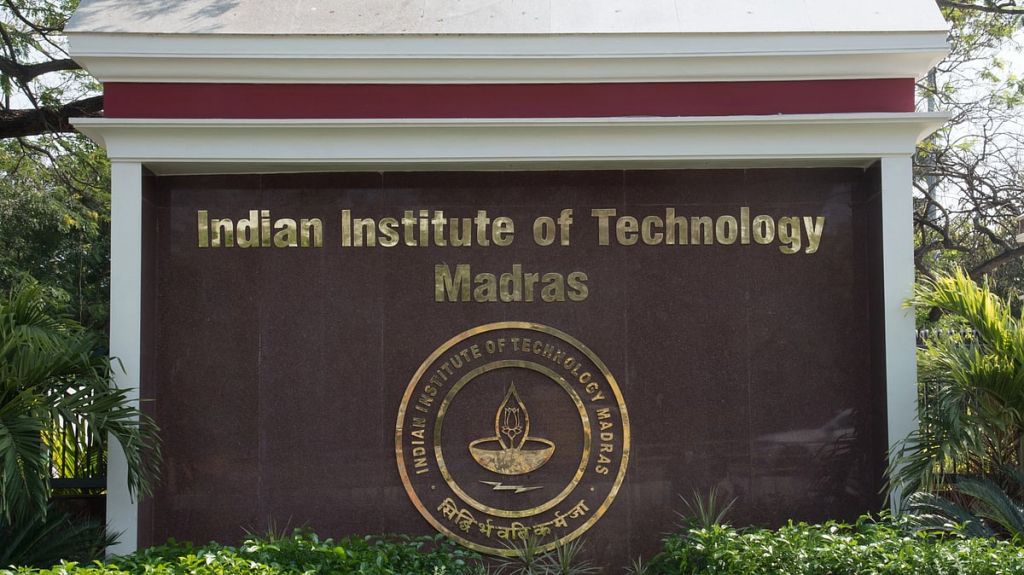
New Delhi: Indian Institute of Technology (IIT) Madras and ISRO have developed an indigenous microprocessor for space applications which can be used in command and control systems and other critical functions in outer space.
About The SHAKTI Microprocessor Project
The SHAKTI microprocessor project is led by IIT Madras Director V Kamakoti at Prathap Subrahmanyam Centre for Digital Intelligence and Secure Hardware Architecture (PSCDISHA) in Department of Computer Science and Engineering.
The SHAKTI class of systems are based on RISC-V, an open-source Instruction Set Architecture (ISA), for designing custom processors. "SHAKTI" is backed by the Ministry of Electronics and Information Technology under its 'Digital India RISC-V' initiative (DIRV). It aims to promote indigenous development of microprocessor based products that offer best-in-class security and visibility for users adopting RISC-V technology.
According to the director of IIT Madras, the Indigenous RISCV Controller for Space Applications (IRIS) chip was developed from SHAKTI processor baseline.
Statement Of IIT Madras Director V Kamakoti
"It can be used in diverse domains from IoT and compute systems for strategic needs. This development was part of the effort to indigenise semiconductors used by ISRO for its applications, command and control systems and other critical functions aligning with its march towards 'Atmanirbhar Bharat' in space technologies," Kamakoti said.
The ISRO Inertial Systems Unit (IISU) in Thiruvananthapuram proposed the idea of a 64bit RISC-V-based Controller and collaborated with IIT Madras in defining the specifications and designing of the semiconductor chip.
The chip configuration was arrived at addressing the common functional and computing requirements of existing sensors and systems used in ISRO missions. Fault-tolerant internal memories were interfaced to SHAKTI core, enhancing the reliability of the design.
Custom functional and peripheral interface modules being used in multiple space systems like CORDIC, WATCHDOG Timers and advanced serial buses were integrated. Provisions for expandability to future missions also implemented through multiple boot modes and hybrid memory/device extension interfaces. The finalised design underwent software and hardware testing, targeting a high-reliability, high-performance product.
"After RIMO in 2018 and MOUSHIK in 2020, this is the third SHAKTI chip we have fabricated at SCL Chandigarh and successfully booted at IIT Madras. That the chip design, chip fabrication, chip packaging, motherboard design and fabrication, assembly, software and boot - all happened inside India, is yet another validation that the complete semiconductor ecosystem and expertise exists within our country," Kamakoti said.
Statement Of ISRO Chairman V Narayanan
ISRO Chairman V Narayanan said, "I am sure that this high-performance controller, realized as per our requirements, will contribute significantly to future embedded controllers for space mission-related applications. It is planned to flight test a product based on this controller shortly and performance will be confirmed."
(Except for the headline, this article has not been edited by FPJ's editorial team and is auto-generated from an agency feed.)